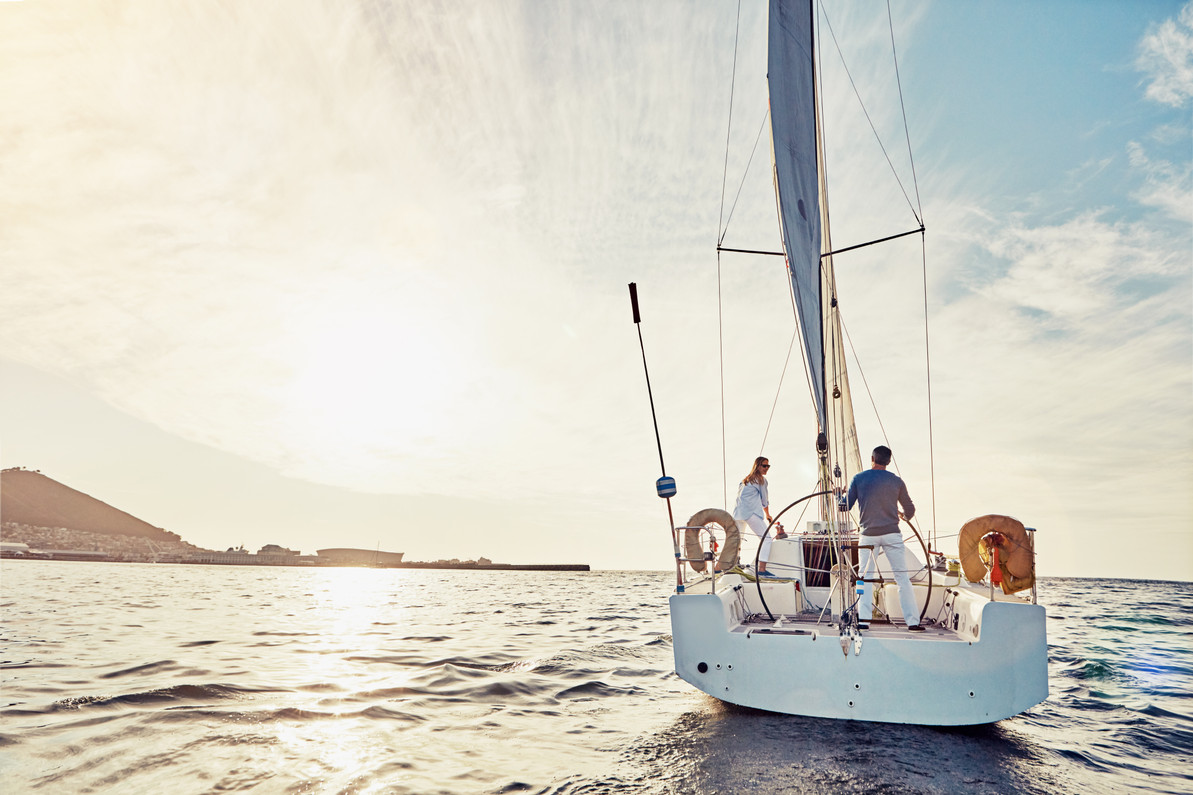The Five Actions to Take For a Boat Emergency
Whether you’re fishing, hitting the ocean, or cruising the intercostal in Florida, you should be prepared for the worst. While your boat might be operational, covered by insurance, and considered safe, it can still experience disaster. How prepared are you for a boating emergency? Below are the top five boating emergency preparedness scenarios and how to handle each of them.
Emergency One: Fire
Even though your boat is at sea, it can still catch fire. If you’re at sea, get passengers off the vessel as soon as possible. You can prepare for a fire by keeping up-to-date extinguishers onboard and making sure at least one is instantly accessible. In addition, make sure your ventilation systems are being used properly, too. In the event of a fire, aim the extinguisher, pull the pin, and spray. If your boat catches fire while ashore, your primary goal should be to get everyone away from the scene.
Emergency Two: Sinking
Waves, bad weather, or an engine overload can lead to a sinking ship. You can prepare for such a scenario by purchasing a PLB or an EPIRB. These personal locator beacons are incredibly useful and they’ll save you and your crew in the event of an accident. Prepare a ditch bag, also called an abandon ship bag, prior to your boating trip and keep a log of its contents. If the boat begins sinking, issue a distress call and grab your ditch bag, flare kit, and life raft. If you cannot stop the boat from sinking, get overboard as quickly as possible.
Emergency Three: Man Overboard
If one of your boat’s crew members falls overboard, you’ll need to follow a specific protocol. Be sure your boat has a throw-bag, which consists of about 70 feet of floating line. Passengers should wear life preservers while onboard to and practice maneuvering a man overboard scenario on a regular basis. Toss a flotation device to the overboard passenger, hit your GPS’s M.O.B (Man Overboard) button and don’t lose sight of them.
Emergency Four: On-Deck Injuries
While your boat may be safe, passengers can still get injured. They can slip, fall, or get caught up in fishing gear. For this reason, it’s a good idea to invest in a first-aid course. Become knowledgeable about resuscitation, injury treatment, and injury prevention. Even a sprained ankle can be deadly if the passenger falls overboard. Keep your first-aid kit up to date, and treat any injury with extreme care.
Emergency Five: Overboard Equipment
Your boat’s vital equipment can go overboard, too. Make sure your GPS and other electronics have floating devices attached to them. Similarly, invest in salt-proof chargers and emergency jump start kits. Purchase boat equipment ties, and watch for any resurfacing equipment in the event of a capsize. All medical equipment should be safely tied away and it should be secure in the event of a sinking boat.
Enjoy yourself out on the water, but be prepared for the worst. When you least expect it, disaster can strike. If you give the proper attention to safety, however, you’ll be prepared to deal with most situations before they’re critical.
Blog Posts
-
Brave Any Adventure Newsletter 2024 Q2
Click to read our second quarter 2024 Brave Any Adventurenewsletter! …16th Apr 2024 -
Natural Wisdom: How Outdoor Experiences Can Fuel Entrepreneurial Success
Many entrepreneurs find themselves caught in the hustle and bustle of their daily lives, neglecting …12th Apr 2024 -
Spring is in the Air!
1st Apr 2024




